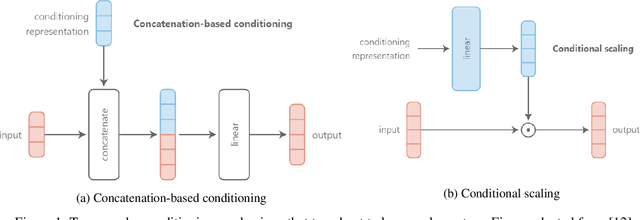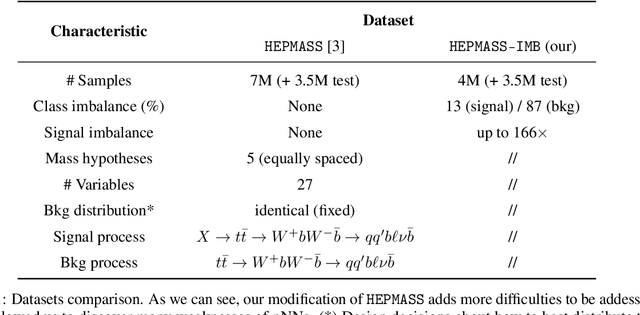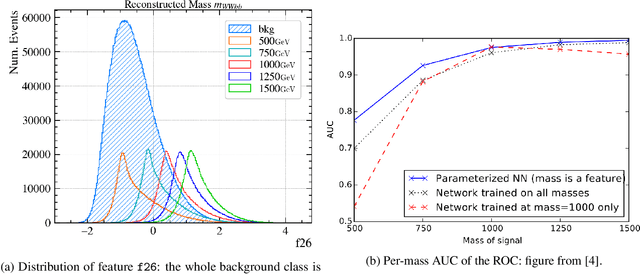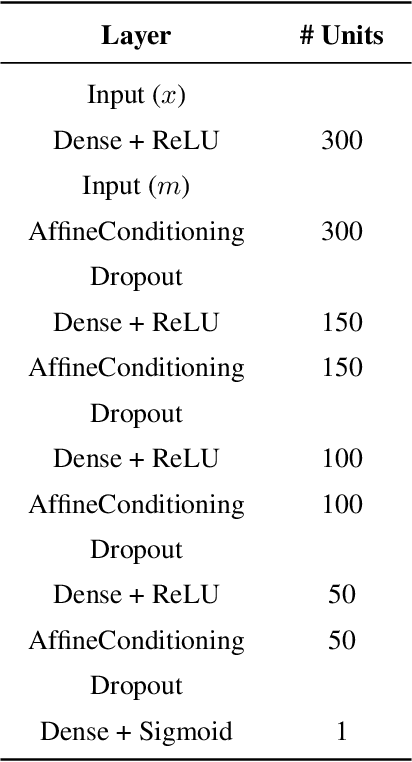Tommaso Diotalevi
Improving Parametric Neural Networks for High-Energy Physics (and Beyond)
Feb 08, 2022



Abstract:Signal-background classification is a central problem in High-Energy Physics, that plays a major role for the discovery of new fundamental particles. A recent method -- the Parametric Neural Network (pNN) -- leverages multiple signal mass hypotheses as an additional input feature to effectively replace a whole set of individual classifier, each providing (in principle) the best response for a single mass hypothesis. In this work we aim at deepening the understanding of pNNs in light of real-world usage. We discovered several peculiarities of parametric networks, providing intuition, metrics, and guidelines to them. We further propose an alternative parametrization scheme, resulting in a new parametrized neural network architecture: the AffinePNN; along with many other generally applicable improvements. Finally, we extensively evaluate our models on the HEPMASS dataset, along its imbalanced version (called HEPMASS-IMB) we provide here for the first time to further validate our approach. Provided results are in terms of the impact of the proposed design decisions, classification performance, and interpolation capability as well.
Collection and harmonization of system logs and prototypal Analytics services with the Elastic (ELK) suite at the INFN-CNAF computing centre
May 13, 2021



Abstract:The distributed Grid infrastructure for High Energy Physics experiments at the Large Hadron Collider (LHC) in Geneva comprises a set of computing centres, spread all over the world, as part of the Worldwide LHC Computing Grid (WLCG). In Italy, the Tier-1 functionalities are served by the INFN-CNAF data center, which provides also computing and storage resources to more than twenty non-LHC experiments. For this reason, a high amount of logs are collected each day from various sources, which are highly heterogeneous and difficult to harmonize. In this contribution, a working implementation of a system that collects, parses and displays the log information from CNAF data sources and the investigation of a Machine Learning based predictive maintenance system, is presented.
* Submitted to proceedings of International Symposium on Grids & Clouds 2019 (ISGC2019)
 Add to Chrome
Add to Chrome Add to Firefox
Add to Firefox Add to Edge
Add to Edge